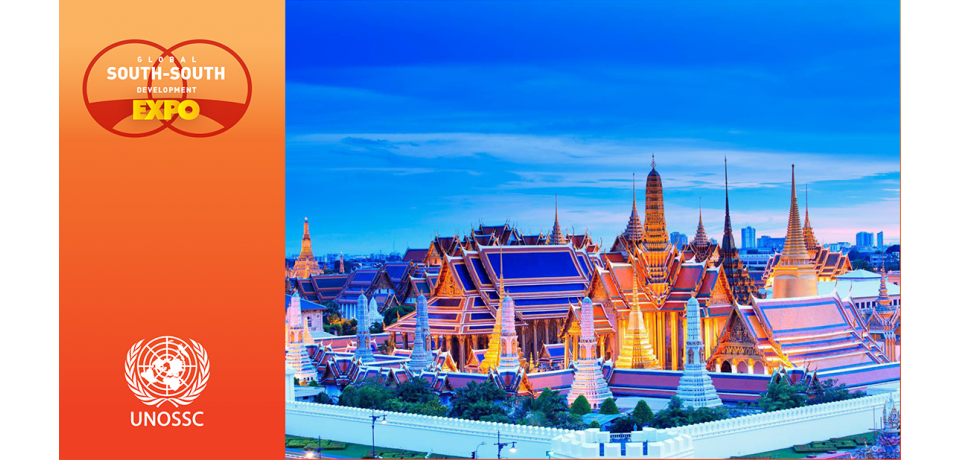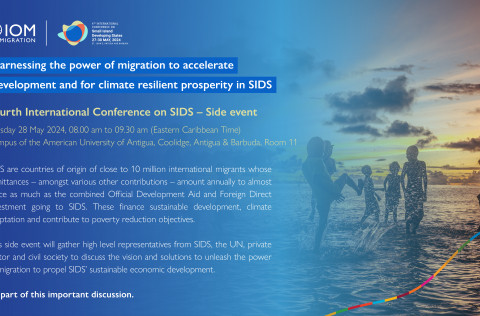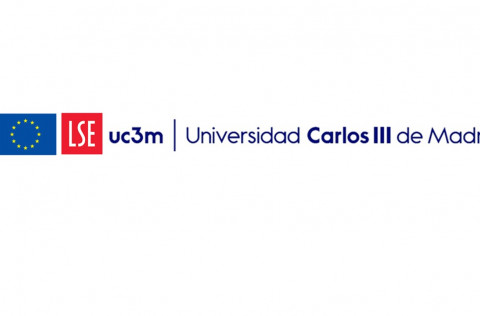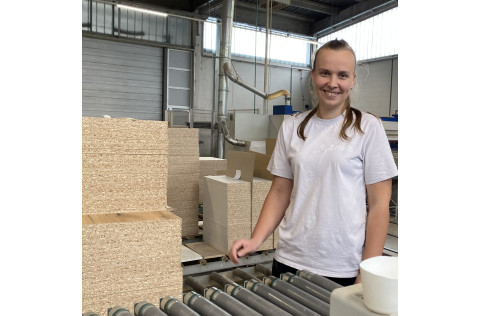GSSD Expo 2022 Side Event: Promoting Urban Economic Resilience in Cities Globally during and after COVID-19 through Building Knowledge Base and Interregional Cooperation
Omar Siddique, ESCAP, omar.siddique@un.org
Gulnara Roll, UNECE, gulnara.roll@un.org
Background information
Cities and urban areas have been at the epicentre of the COVID-19 pandemic which has drastically impacted the urban economy, including public services, employment and use of the infrastructure, affecting all, but foremost the most vulnerable groups of the population. To support cities in their recovery from the COVID-19 pandemic and building resilience, in 2020-2022, the UN Regional Economic Commisions, UN-Habitat and the UN Capital Development Fund have implemented the Building Urban Economic Resilience during and after COVID-19 project. The Project supported efforts of city governments in sixteen cities globally to analyse the impact of the pandemic on cities’ economies and assist them in developing economic recovery and resilience plans, including identifying possible funding sources for economic development and infrastructure projects supporting the urban economic recovery. The project pilot countries/cities included: Albania (Tirana); Cameroon (Yaoundé); Ecuador (Guayaquil); Egypt (Alexandria); Fiji (Suva); Ghana (Accra); India (Pune); Kuwait (Kuwait); Kyrgyzstan (Bishkek); Lebanon (Beirut); Malaysia (Subang Jaya); Perú (Lima); República Dominicana (Santo Domingo); Ukraine (Kharkiv); Viet Nam (Hoi An); and Zimbabwe (Harare).
Thematic focus
The side event will focus on the experience of the implementation of the above global project; approaches of the pilot cities to promote urban economic resilience; and the tools developed within the project - the diagnostic analysis and the online training programme. The side event will launch the online training programme on urban economic resilience developed within the project.
SDGs
The side event will focus on achieving SDG 11 - Make cities and human settlements inclusive, safe, resilient, and sustainable, including its targets:
- By 2030, ensure access for all to adequate, safe, and affordable housing and basic services and upgrade slums
- By 2030, enhance inclusive and sustainable urbanization and capacity for participatory, integrated, and sustainable human settlement planning and management in all countries
- By 2030, significantly reduce the number of deaths and the number of people affected and substantially decrease the direct economic losses relative to global gross domestic product caused by disasters, including water-related disasters, with a focus on protecting the poor and people in vulnerable situations
In addition, the side event will address the following SDGs:
- SDG 8 - Promote sustained, inclusive, and sustainable economic growth, full and productive employment, and decent work for all
- SDG 10 – Reduce inequality within and among countries
- SDG 17 - Strengthen the means of implementation and revitalize the global partnership for sustainable development
Key Focus:
The side event focus is on building resilience to natural and man-made disasters at the city level through the development of a knowledge base and interregional exchange.
Draft programme
|
14:00-14:10 |
Opening |
|
14:10-14:35 |
Presentations by the cities on the impact of the COVID-19 pandemic and cities’ activities to promote urban economic resilience |
|
14:35-14:50 |
Panel discussion of partners: “Lessons learned and next steps in building urban economic resilience during and after COVID-19 pandemic” |
|
15:00-15:10 |
Questions and answers |
|
15:10-15:15 |
Conclusions by the Moderator |
*Please note that the event is available in English only.



